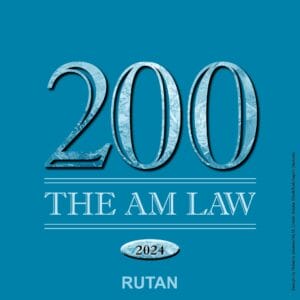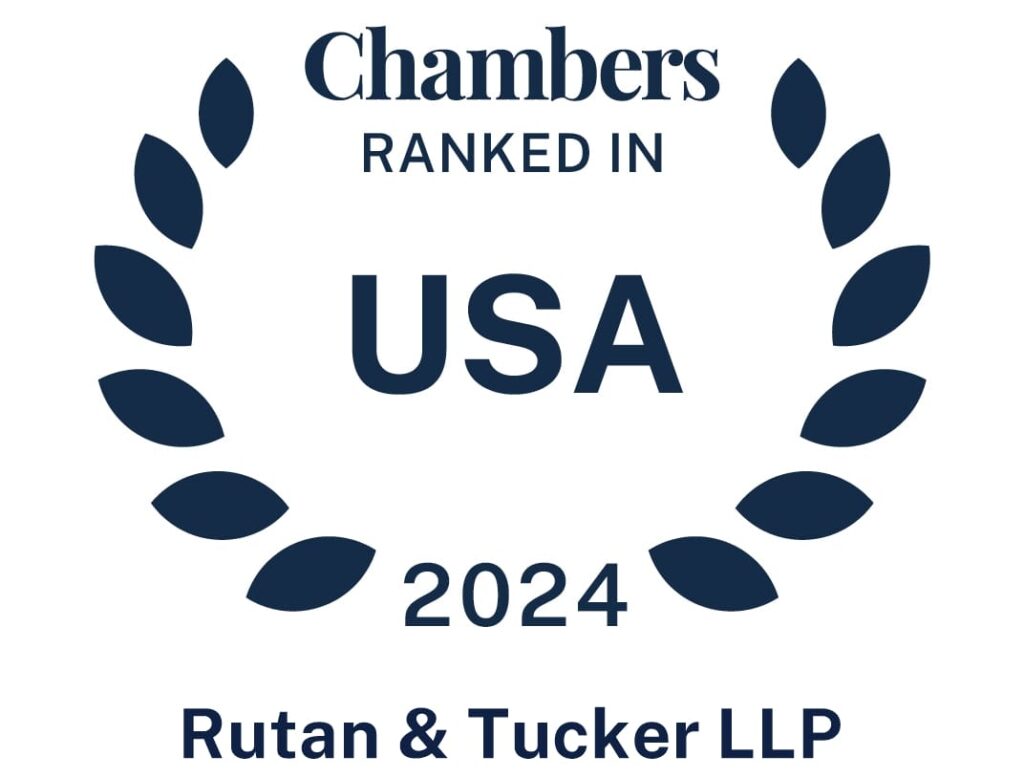Arbitration is a hot topic in the legal community. Many lawyers recommend arbitration as a means of settling disputes in order to avoid the considerable expense of litigation. Therefore, it is important for both lawyers and their clients to be aware of the potential effects of submitting a case to an arbitrator for binding decision. For example, suppose you submit your case to arbitration. The case involves a contract dispute and the contract provides that the “prevailing party” in litigation will be entitled to their attorneys fees. You and your attorney spend enormous amounts of time preparing your case and after several long days of arbitration the decision is finally rendered. You win. You are delighted, ecstatic. You won, you are the “prevailing party,” and your attorneys fees should be paid by the opposing party. Unfortunately, the arbitrator fails to identify you as the “prevailing party,” and refuses to award you attorneys fees. What alternatives do you have? Not many. In fact, if you challenge the arbitrator’s decision, you and your attorney may be sanctioned. The California Supreme Court recently addressed this factual scenario in three cases and determined that under the principle of arbitral finality, arbitrators’ awards of attorneys fees cannot be reviewed or corrected in court. Thus, an arbitrator, rather than a judge, has the final say over recovery of prevailing-party attorney fees when the interpretation of the contract clauses providing for such fees is a subject of the arbitration. Moshonov v. Walsh, 00 C.D.O.S 2892; Moore v. First Bank of San Luis Obispo, 00 C.D.O.S. 2892. The above cases rest on the principle that judicial review of arbitration awards is limited to the grounds specified by statute which include bias or corruption, but not routine legal or factual error. Thus, if an arbitrator makes a legal or factual error in deciding a case, such a decision is non-appealable. In both cases the parties submitted the fee issue to arbitration and therefore could not maintain that the arbitrators exceeded their powers – one of the few statutory ways around the court’s longstanding policy favoring finality in arbitration awards. In both cases the parties sought to distinguish between the substantive merits of the controversy and the ancillary question of fees and costs. However, relying on the facts presented to the court in both cases, California Supreme Court Justice Werdegar found that neither arbitrator designated the appealing party as the “prevailing party,” and that such a decision was final and non- appealable. The Court determined that in both cases the arbitrator’s powers were unrestricted to decide the matter on a legal or factual basis. Thus, the arbitrator did not exceed her authority in deciding the matter of attorneys fees, and regardless of whether the arbitrator’s contractual interpretation and related ruling denying fees was legally correct, the court concluded it was final and binding by agreement of the parties. About one month after the above two cases were decided, the California Supreme Court handed down another decision clarifying its unyielding position on this issue. In Henry Pierotti v. Hank Torian, 2000 D.A.R. 5661, the Court held that an appeal based upon the issue of whether an arbitrator is “authorized to decide” who was the “prevailing party” within the meaning of an attorney fees clause is “totally and completely without merit.” Id. at 5665. In fact, the appeal was deemed frivolous and therefore sanctionable under California law. Sanctions were issued in the amount of $26,000.00, to be shared equally by the attorney and the client. Two important lessons are to be learned from these recent cases. First, when submitting a case to arbitration, be aware of the issues presented to the arbitrator because those issues, however they may be decided, may be binding and non-appealable. Second, if an arbitrator’s decision is appealed, be sure it is appealed for just cause under California law. Otherwise, you personally may be subject to sanctions.



